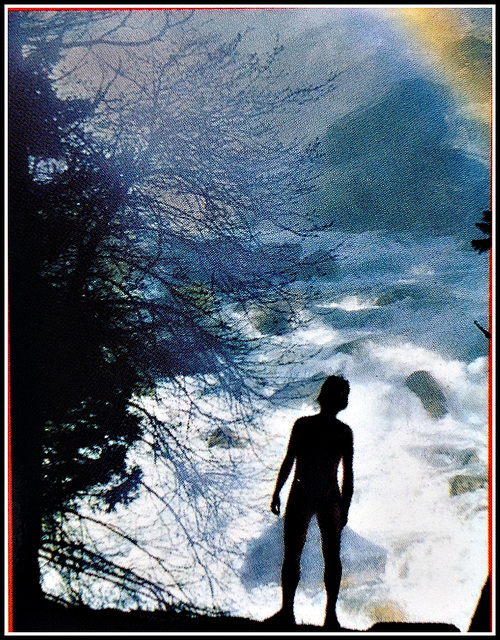Spring
Burning midnight oil
Patience
Camera shy
Red Maple and blue sky
Magnolia
Right time, wrong place
Spring fall
Megabus ~ to Chicago
Have a wonderful day
Never heard of this before
Wind
image
Patel Brothers
Patel brothers say
The Far Road
Mithaas
Tandor Chef
In a picture frame
At Princeton, NJ
Red buds
In between
Road
Homage
A bird
One man's hobby
Bach Concerto # 1
Flow
I'm tired....
Spring flowers
A waterfall
Mr. & Mrs. Kennedy and Oppenheimer
My shoes
*
*
Ars Poetica
Neighbourhood morning
Window view
Under the greenwood tree
Keywords
Authorizations, license
-
Visible by: Everyone -
All rights reserved
- Photo replaced on 19 May 2014
-
165 visits
- Keyboard shortcuts:
Jump to top
RSS feed- Latest comments - Subscribe to the comment feeds of this photo
- ipernity © 2007-2024
- Help & Contact
|
Club news
|
About ipernity
|
History |
ipernity Club & Prices |
Guide of good conduct
Donate | Group guidelines | Privacy policy | Terms of use | Statutes | In memoria -
Facebook
Twitter



But do not worry about the life of the earth itself. No extinction, no matter how huge the territory involved or how violent the damage, can possibly bring the earth’s life to an end. Even if we were to superimpose on the more or less natural events now calculated to be heading toward a mass extinction the added violence and radioactivity of a full scale, general nuclear war, we could never kill off everything. We might reduce the numbers of species of multicellular animals and higher plants to a mere handful, but the bacteria and their resident viruses would still be there, perhaps in greater abundance than ever because of the expanding ecosystems created for them by so much death. The planet would be back where things stood a billion years go, with no way of predicting the future course of evolution beyond the high probability that, given the random nature of evolution, nothing quite like us would ever turn up again. ~ Page 122
Sign-in to write a comment.